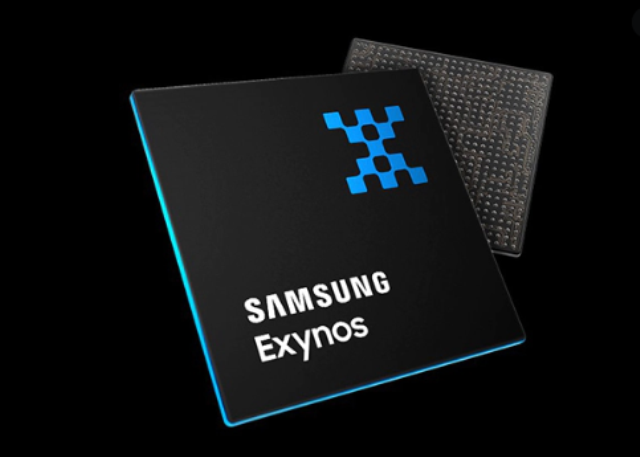Samsung Electronics to expand its P3 factory in Pyeongtaek, South Korea, by adding 12-inch wafers capacity for DRAM memory chips, despite forecasts of an economic slowdown, the Seoul Economic Daily reported.

The move contrasts with the scaling back of investment by rival chipmakers amid falling demand and a glut of chips.
Analysts have said that Samsung’s persistence with investment plans will likely help it take market share in memory chips and support its share price when demand recovers.
Samsung plans to expand the plant with additional 4-nanometre chip capacity, which will be made under foundry contracts – that is, according to clients’ designs.
P3, which started production of cutting-edge NAND flash memory chips this year, is the company’s largest chip manufacturing facility.
Samsung is planning to add at least 10 extreme ultraviolet machines next year.
Samsung in October said the capital expenditure for 2022 is expected at approximately KRW 54 trillion, including KRW 47.7 trillion allocated to the DS Division and KRW 3.0 trillion to SDC.
Samsung earlier said this year’s capital expenditures in the Memory Business will focus on P3 and P4 infrastructure, as well as on advanced technologies, such as EUV, to enhance the company’s market competitiveness.
Investments in the Foundry Business will center on expanding the production capability at the company’s sites in Taylor and Pyeongtaek to address demand for advanced processes using EUV, in line with our Shell-First strategy, Samsung in October said.
Samsung in October said it was not cutting chip production, defying the broader industry’s tendency to scale back output to meet mid- to long-term demand.
“We plan to stand behind our original infrastructure investment plans,” Han Jin-man, executive vice president of memory business at Samsung, said then.
Memory chip rival Micron Technology said last week it would adjust down its investments in fiscal 2023 to between $7 billion and $7.5 billion, compared with $12 billion in fiscal 2022. Micron Technology would also be significantly reducing Capex plans in fiscal 2024, it said.
Taiwanese chipmaker TSMC in October cut its 2022 annual investment budget by at least 10 percent and struck a more cautious note than usual on upcoming demand.
“The chip industry downturn will add to the difficulties of No. 2 and below chip companies, and have a positive impact on the market control of top companies such as Samsung,” Greg Roh, head of research at Hyundai Motor Securities, said in a client note on Monday.





